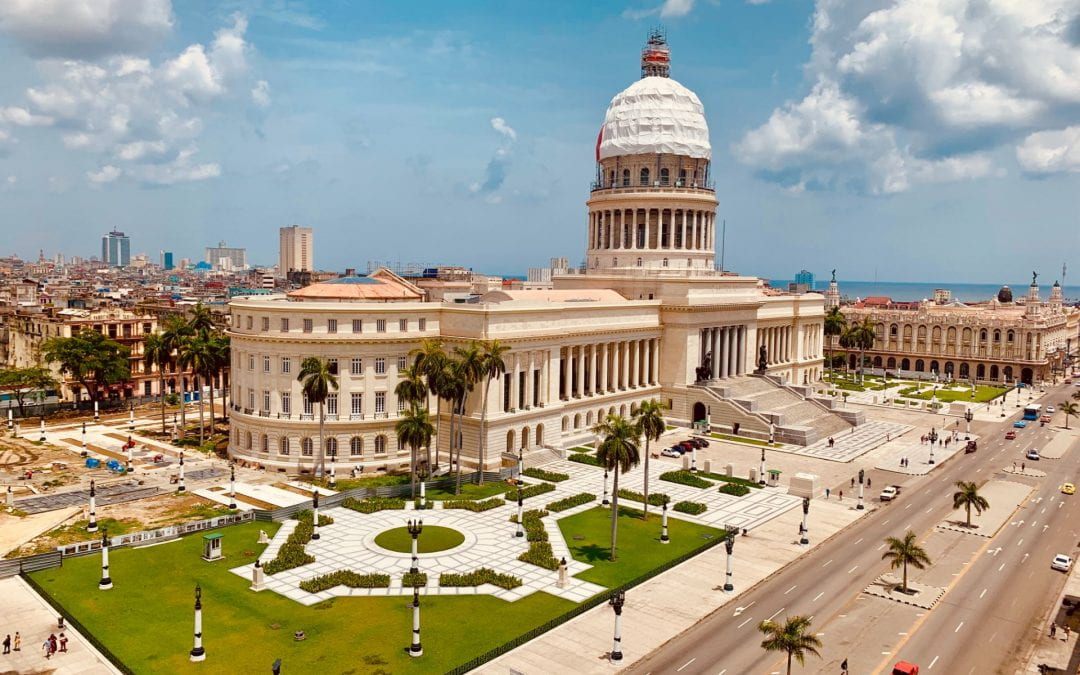Last month, Cuban’s took to the streets and protested the government in a series of political actions. Lack of food and medicine and anger at the government’s response to the COVID pandemic seemed to be at the centre of these protests. Cuba has been a centrepiece of American foreign policy in the Caribbean, and the communist government on the island has shown political resilience against American pressure. But these protests pose a new type of challenge to the government. What is the nature of these protests? How much is the US responsible for them? Doug Becker speaks with Lillian Guerra, Brian Fonsesca, and Richard Feinberg.
Lillian Guerra is a Professor of History at the University of Florida. She is an expert in Cuban and Caribbean history and is the author of Heroes, Martyrs, and Political Messiahs in Revolutionary Cuba, 1946-1958.
Brian Fonseca is an Adjunct Professor in the Department of Politics and International Relations at Florida International University. He is an expert in national security and foreign policy and is the author of Culture and National Security in the Americas.
Richard Feinberg is a Professor of International Political Economy at the University of California, San Diego. He is an expert in US foreign policy and is the author of Open for Business: Building the New Cuban Economy.
Podcast:
This interview originally aired on the Scholars’ Circle. To access our archive of episodes and download this interview, click here.
For more of our audio and visual content, check out our YouTube channel, or head to the University of Auckland’s manuscripts and archives collection.
Disclaimer: The ideas expressed in this discussion reflect the views of the guests and not necessarily the views of The Big Q.
You might also like:

